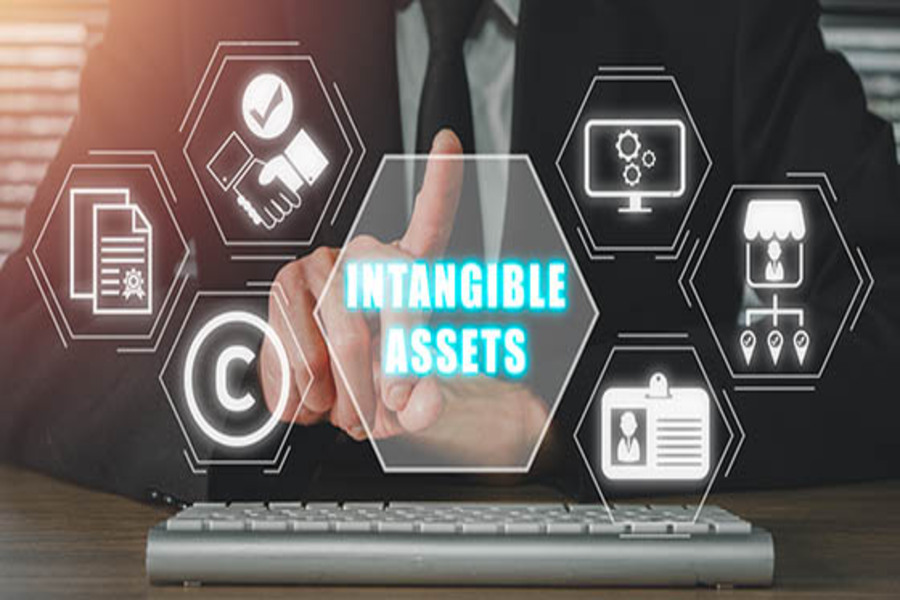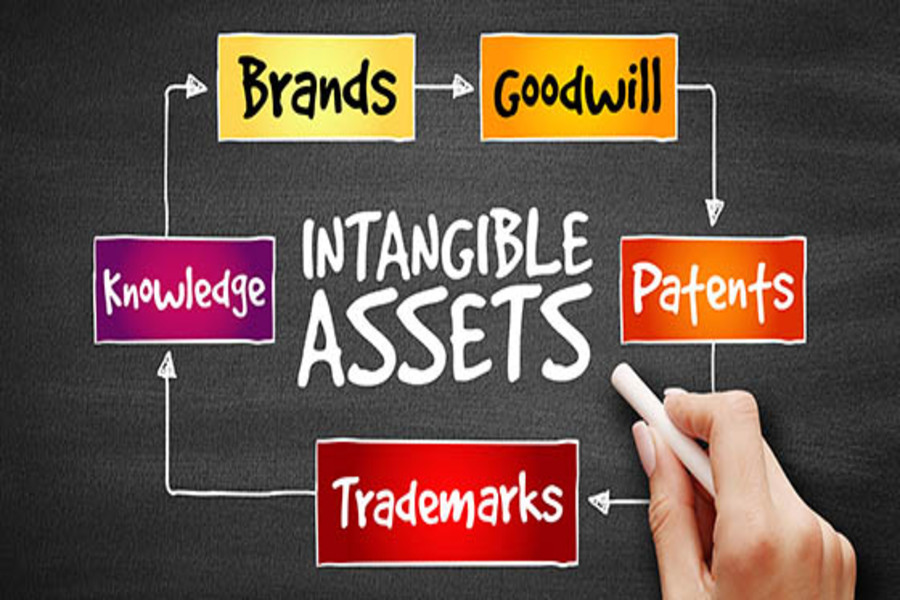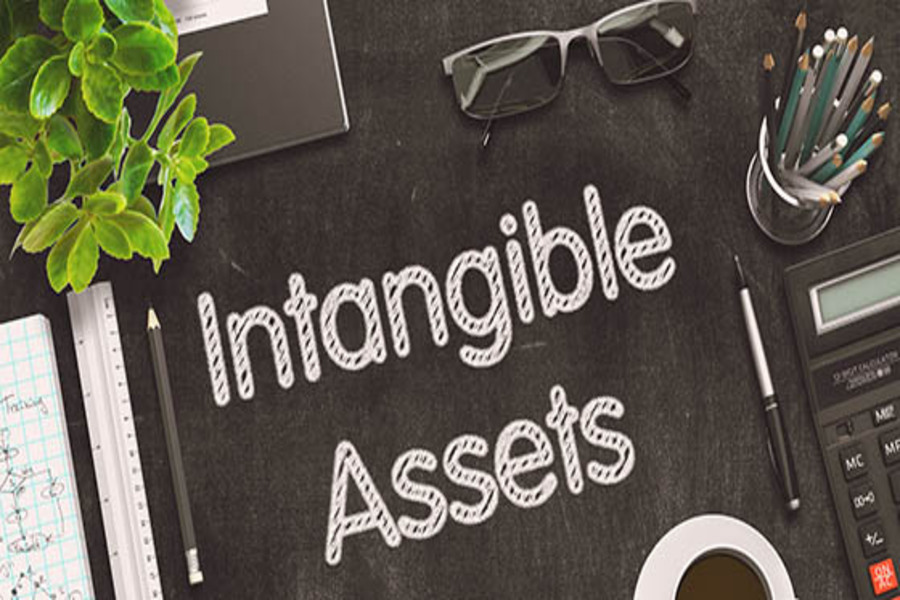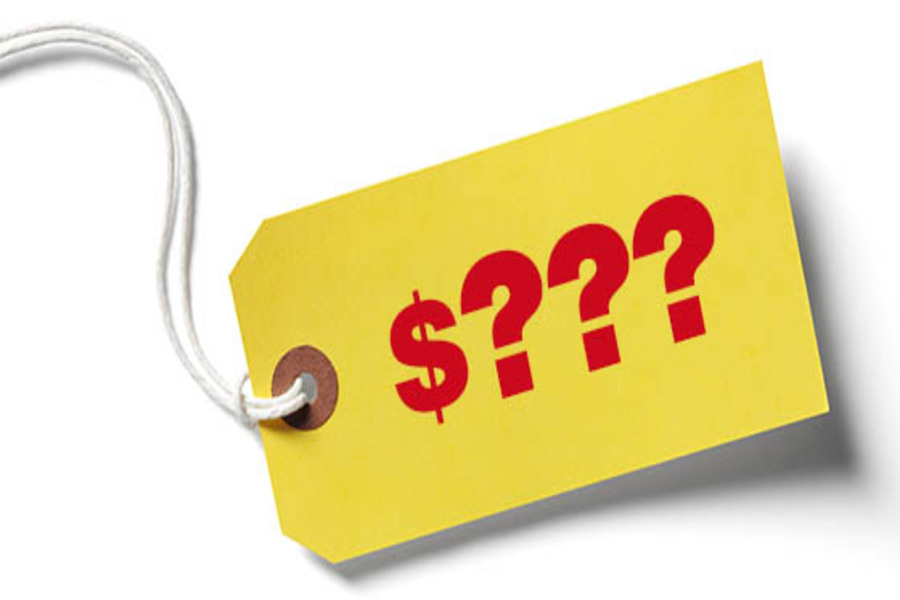Intangible assets, such as patents, trademarks, copyrights and goodwill, play a crucial role in today’s businesses. The tax treatment of these assets can be complex, but businesses need to understand the issues involved. Here are some answers to frequently asked questions. What are intangible assets? The term “intangibles” covers many items. Determining whether an acquired or created asset or benefit is intangible isn’t always easy. Intangibles include debt instruments, prepaid expenses, non-functional currencies, financial derivatives (including, but not limited to, options, forward or futures contracts, and foreign currency contracts), leases, licenses, memberships, patents, copyrights, franchises, trademarks, trade names, goodwill, annuity contracts, insurance contracts, endowment contracts, customer lists, ownership interests in any business entities (for example, corporations, partnerships, LLCs, trusts and estates) and other rights, assets, instruments and...






